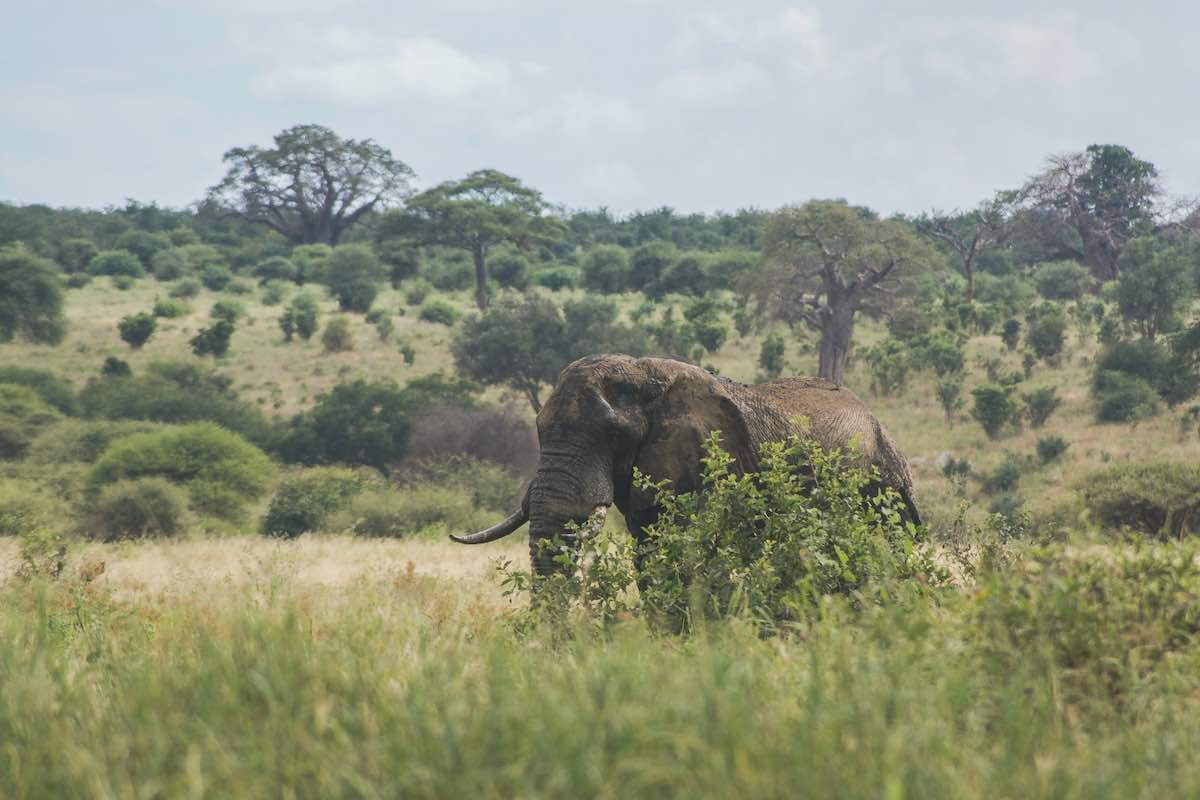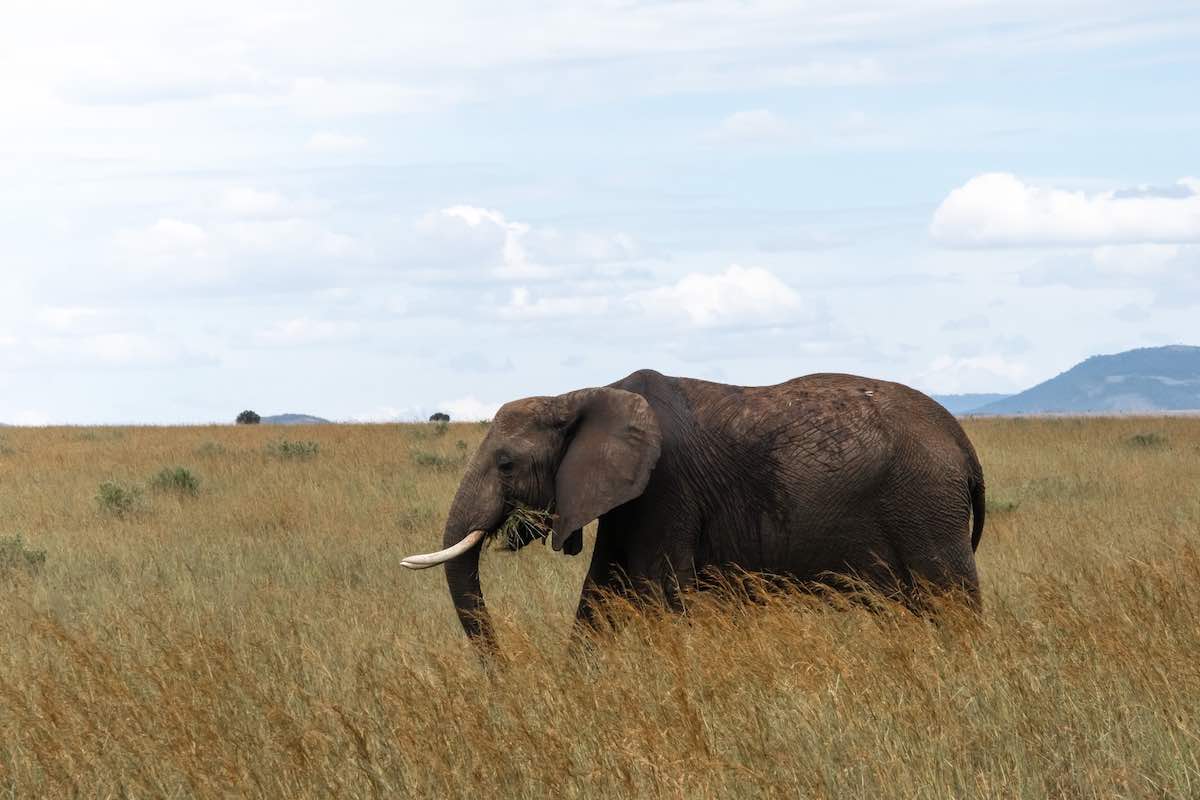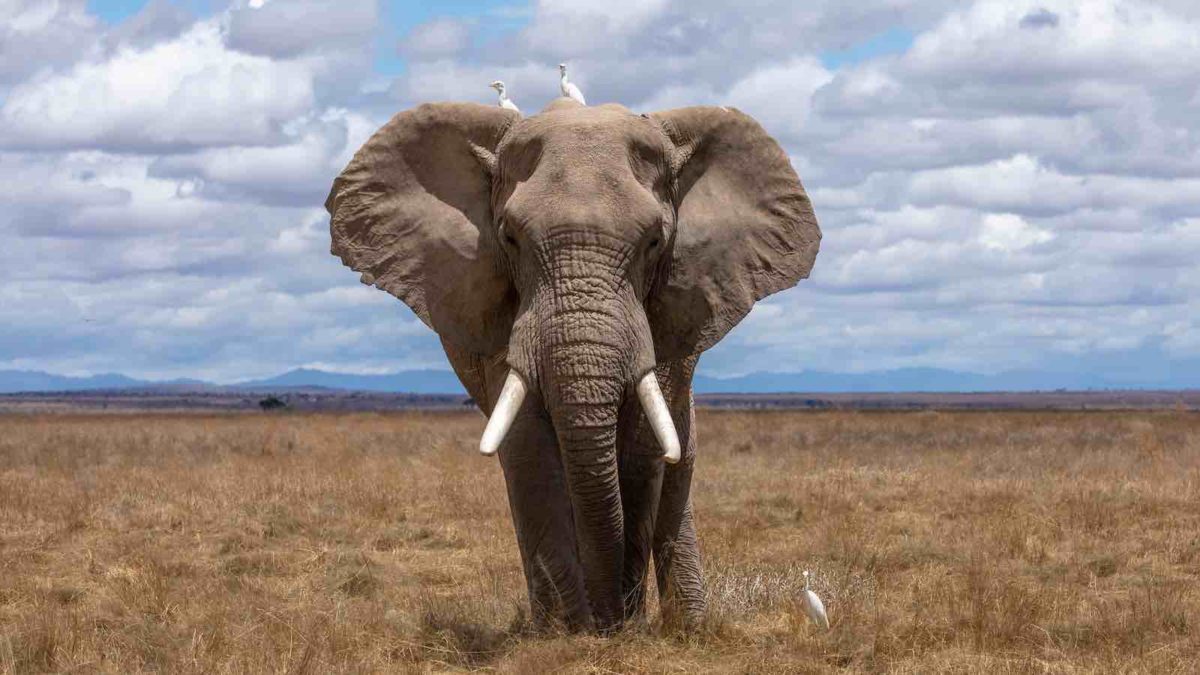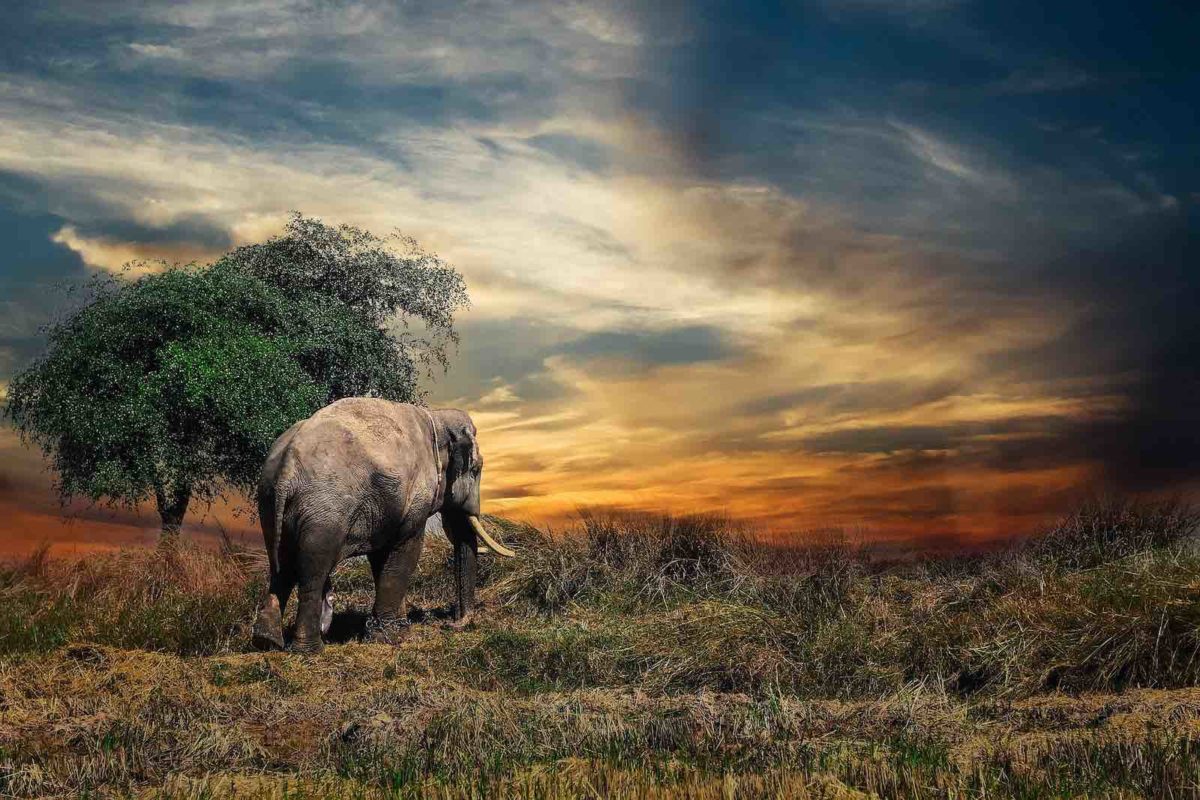Climate change is having a profound and devastating impact on elephant habitats around the globe. Elephants are considered keystone species, meaning that their presence in an ecosystem can determine the overall health of its environment.
As climate change brings about increased temperatures, more frequent and severe weather events, and other changes to the environment, it affects not only direct resources like food and water but also the broader environment in which elephants live and their opportunity to thrive and reproduce.
The most significant disruption caused by climate change is the alteration of elephants’ natural migration patterns, as their traditional food and water sources become harder to find.
With fewer resources available, they are compelled to move into smaller areas where resources are denser — but this is associated with human-elephant conflict as we compete for the same, in some cases, limited resources.
As resources become scarce due to the general impacts of climate change, elephants are forced to compete with other species for food, water, and habitat, leading to increased conflict and harm to elephants.
Changes in temperature and rainfall patterns can also lead to changes in vegetation patterns, affecting the food supplies of elephants and leading to malnutrition and reduced health.
Furthermore, climate change is leading to an increase in the frequency and intensity of extreme weather events, such as heatwaves, droughts, and hurricanes, which can cause significant damage to elephant habitats, leading to further declines in the number of elephants.



